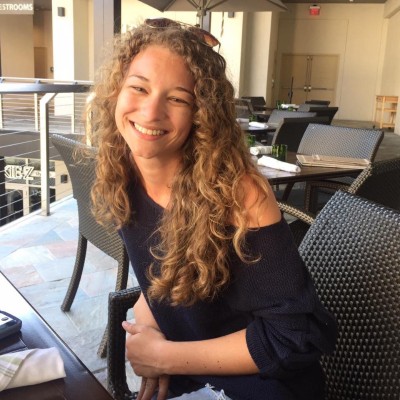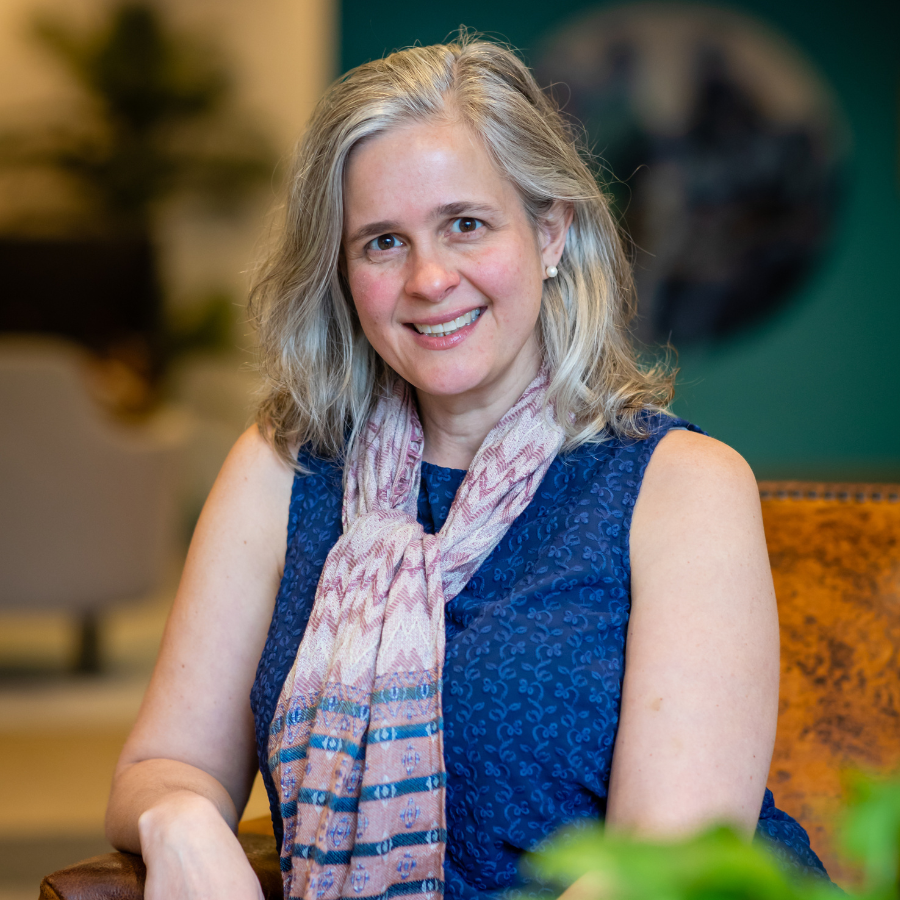For Amir Dargulov, VP of Engineering of Abode, the journey to the United States was full of struggle and perseverance.
When he arrived in California for college, it seemed he was poised to become one of the fortunate few to achieve the American Dream. Yet, navigating a foreign Wonderland can easily lead one astray.
A few months after his birth, Amir’s parents moved the family to Kazakhstan’s largest city, Almaty, where he spent the rest of his adolescence. His education was based on the Soviet Union’s system, which he calls strict and demanding.
“My mom is the biggest influence on my life,” Amir reveals. “I am probably about 85% her project.”
By the time Amir was 10, his mother became “laser focused” on finding a way for her son to pursue higher education in the United States. “She just had a very strong intuition about the possibilities and the new horizons.”
To ensure Amir never succumbed to stagnation or boredom, his mother enrolled him in everything from karate to swimming, and even dancing.
It was through this process that he discovered he was rather gifted with numbers. A talent his mother nurtured by encouraging him to enter math competitions. This would open doors for Amir in ways he could never imagine.
Amir started competing in international math tournaments, where he met peers from around the world. During this time, he was introduced to the idea of pursuing an American education.
“At the time, I had no ambition of being in the United States,” he says. “I learned that a lot of those kids were going to the MIT’s and the Princeton’s of the world, and it got me to reflect.”
Suddenly, he began taking a much closer look at institutions like the University of California, Berkeley, where he ultimately pursued his education.
He soon realized that the biggest barrier to fully embracing the American experience was his fluency in English. However, achieving a native-level understanding required more than casual conversations with his peers.
“People couldn’t help but sort of make leeways for you when you couldn’t communicate up to par,” Amir remarks. “This bars me from being able to genuinely express myself because I’m kind of being spoken to like a kid.”
Determined to overcome this, Amir got creative.
He began searching archives of stand-up comedians, watching everyone from Richard Pryor to Bo Burnham. He also started rapping until he could maintain a rhythm and contribute meaningfully to conversations.
Then, one day, a breakthrough confirmed his progress.
“I had my first dream in English and solidified that ‘oh, I started to get this language,’” Amir recalls. “The happiness that I felt when I woke up was just unmeasurable.”
Although mastering English was a major achievement, his aspirations began to shift. The longer Amir was at Berkeley, the more he saw his future heading towards a cushy, comfortable life — a prospect that terrified him. He lost his passion for numbers and began daydreaming about becoming a poet.
“I had this revolt almost, and it was like the first major revolt of my life, really,” Amir confesses. “It was the moment of the first existential questioning, in a sense.”
In his search for fulfillment, he found himself lost.
“I was very close to dropping out to pursue poetry,” he says. “At a certain point, it got a little bit crazy. I was drinking way too much, kind of a deal.”
When he told his family his new plan for his life’s path, his mother was devastated.
“She had a crisis around that,” Amir admits. “That’s when I realized how much sacrifice she was putting in, and my dad was putting in.”
As Amir continued his tumultuous education, his family uncovered his father’s secret debt of about half a million dollars, and he began to see things very differently. “It just made me realize that I need to be financially independent — quick.”
Then in his fourth year at Berkeley, Amir hit a wall.
During this time, Amir experienced the “fortunate misfortune of falling in love.” Followed by the loss of his living arrangements, forcing him to resort to couch surfing. But living with other college students proved challenging, as the constant noise made it impossible to study.
It became such a problem that, for a few months, he opted to sleep in empty hallways and classrooms. Once even being caught by a janitor sleeping in the custodial closet.
“It wasn’t a big deal, and life was so crazy I didn’t have time to kind of feel self-pity,” he explains.
Despite the challenges and the looming threat of flunking out, Amir managed to dig deep and turn things around.
“[I realized] something in me is extremely resilient. I don’t constantly have access to that thing, but something in me, under extreme conditions, can be very resilient,” he says. “I surprised myself.”
After all of his life experience, Amir has spent the rest of his life pulling from his strengths and always pushing forward.
“I’m of the mindset that confidence arrives with mastery.” he explains. “I try not to concern myself too much with things like, ‘how can I not feel like an imposter’ and more so orient myself towards ‘how can I be better as a professional?’”
Despite the immense challenges Amir has faced throughout his life, when asked if he would have preferred to know the obstacles ahead, he responds, “ignorance is bliss.”
“If you knew the kinds of challenges that you would have to overcome on any path, on any journey – God, it would be really difficult to make that call and actually step on that path,” he explains. Amir believes sometimes you have the most to gain by jumping blind. “In a way, it’s almost like us not knowing the next thing that’s going to come our way is helpful.”



.png)
.png)
